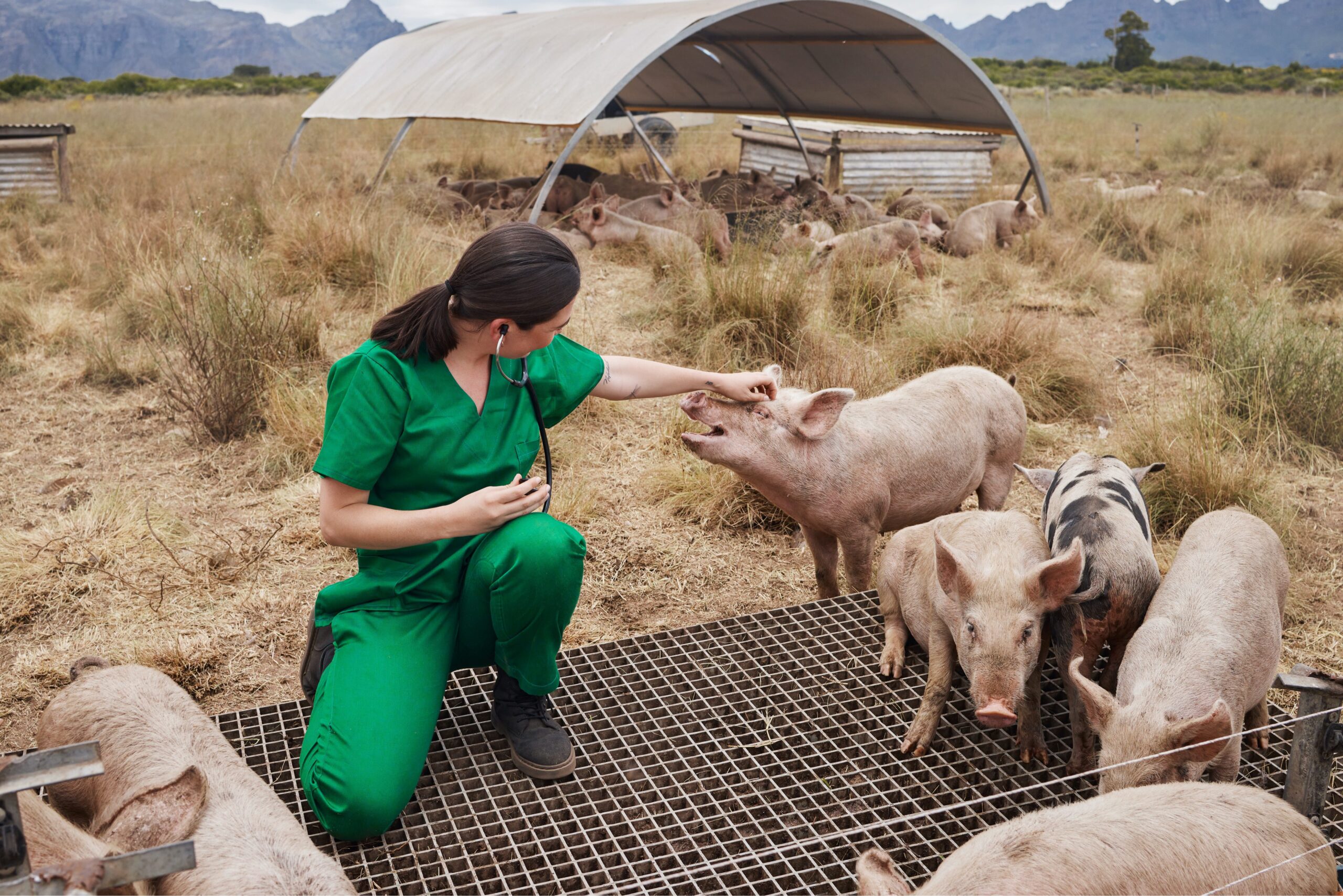Context
Antimicrobial resistance (AMR) and the development of innovative alternative to antibiotics (ATA) was identified by STAR-IDAZ IRC partners as a priority issue for a collaborative approach to research. STAR-IDAZ IRC aims to advance a global research agenda on the development of ATA through its working group of international experts identifying the research priorities. This was done through several workshops which resulted in the creation of research roadmaps on ATA.
Recognition
The development of ATA is crucial in combating AMR, benefiting both human and animal health. STAR-IDAZ’s efforts in research coordination and prioritization on Alternatives to Antimicrobials have been recognised in achieving Objective 5 of the Quadripartite strategy: ‘Develop the economic case for sustainable investment that considers the needs of all countries and increase investment in new medicines, diagnostic tools, vaccines, and other interventions.’ More details are available in the Quadripartite biannual report, “Implementing the Global Action Plan on Antimicrobial Resistance.” In addition, STAR-IDAZ’s efforts also align with the Quadripartite work on the economics of AMR.
STAR IDAZ referenced
Additionally, the Global Leaders Group on Antimicrobial Resistance has made six recommendations to address the antibiotic pipeline and access crisis. These recommendations, comprising both financial and nonfinancial solutions, serve as a foundation for advocacy and action ahead of the High-level Meeting on AMR in September 2024. They also help to transform the recent G20 and G7 commitments on R&D and access into tangible actions, catalysing collective global efforts. Notably, STAR-IDAZ has been referenced as a key network in coordinating global animal health research, with its research priorities outlined by the ATA research roadmaps. [Star-Idaz-State-ATA-Report-2022_edit.pdf]
Help build the STAR IDAZ community.
Share reports and updates on social channels.

An impact we’re having
Reducing duplication of research effort and encouraging information sharing
Facilitating research gap analysis including the provision of literature reviews for working groups, maps funding activities against identified research needs, and helps mobilise resources to address them.

